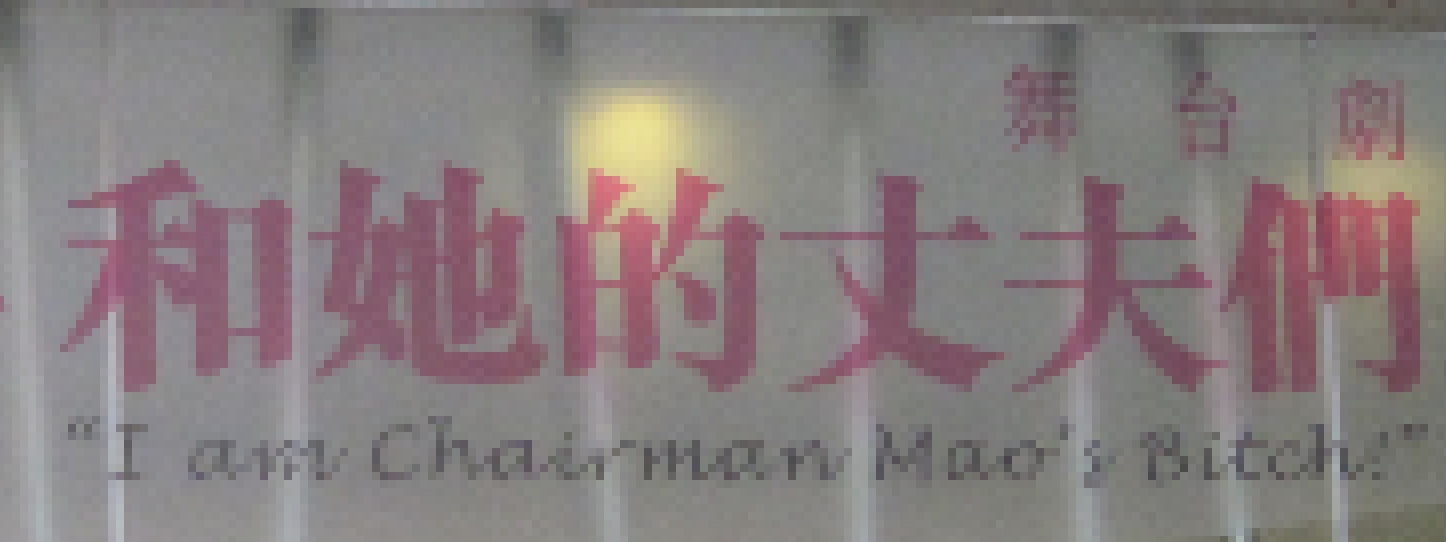Bad poetry, bad translation
UC Santa Barbara’s Department of East Asian Languages and Cultural Studies just held “The Worst Chinese Poetry: A Virtual Roundtable" on June 1 and 2. It followed on “The Worst Chinese Poetry: A Virtual Workshop,” held in April. Both events were organized by Thomas Mazanec, Xiaorong Li, and Hangping Xu.
Mazanec expects the roundtable to produce an anthology, “The Worst Chinese Poetry: A Critical Anthology,” which will feature selected bad poems and commentary that explains the issues that the poems raise about literary, social and political history, he said.
Source: "Lyrical Losers,'The Worst Chinese Poetry: A Virtual Roundtable' will take a critical look at failures of the genre", By Jim Logan, The Current (UCSB) (Friday, May 28, 2021)
Read the rest of this entry »




